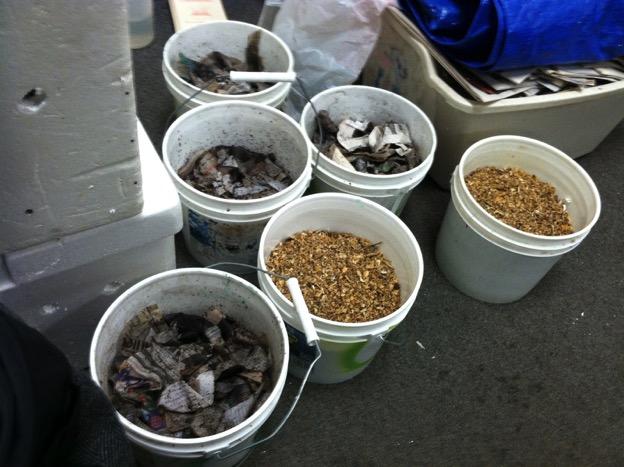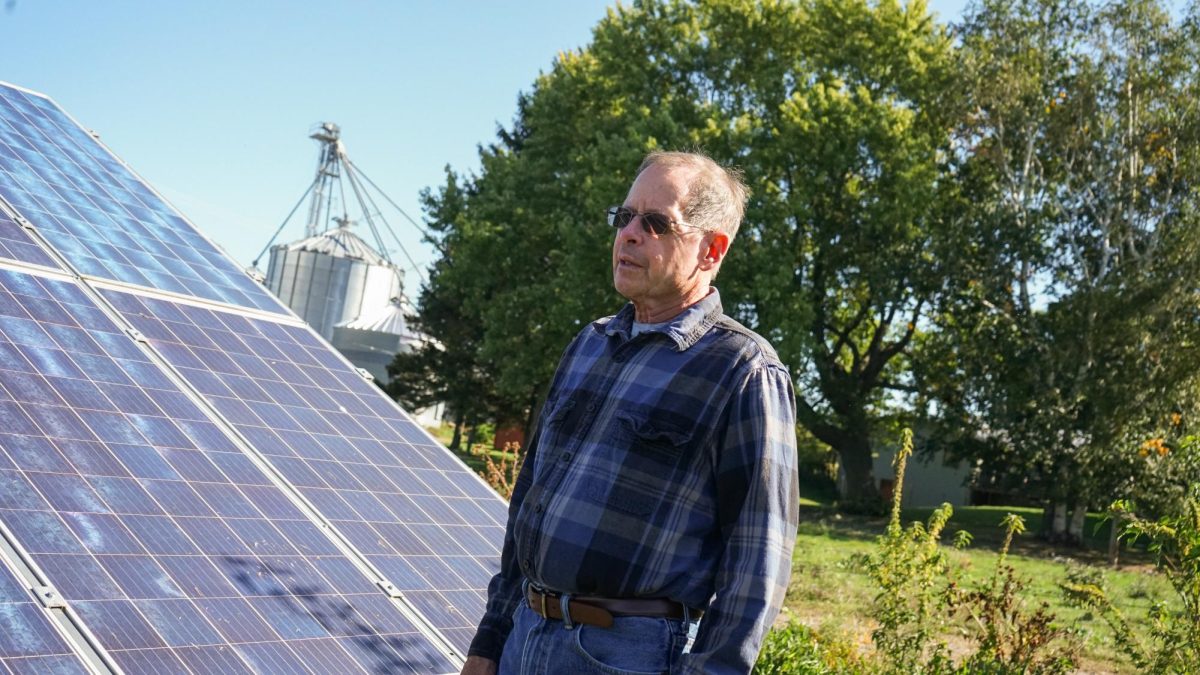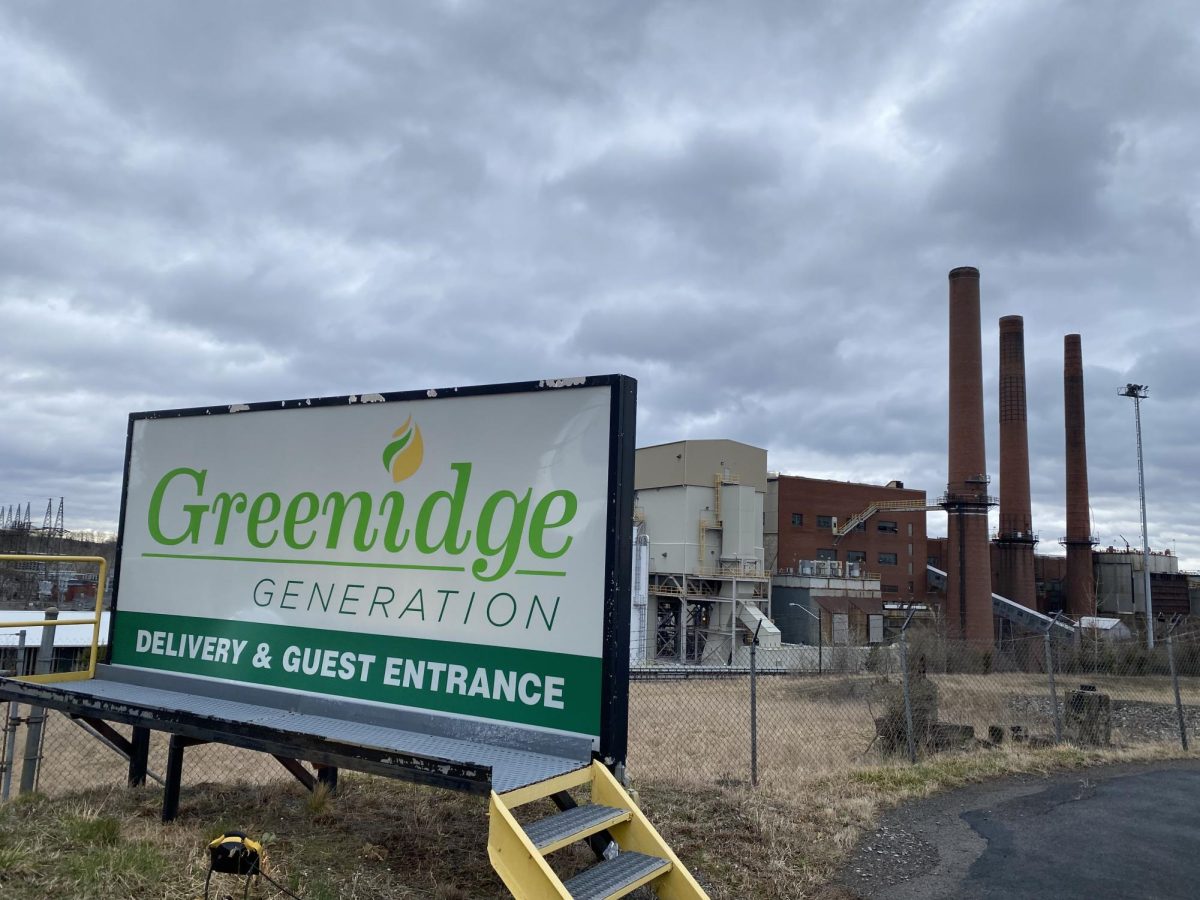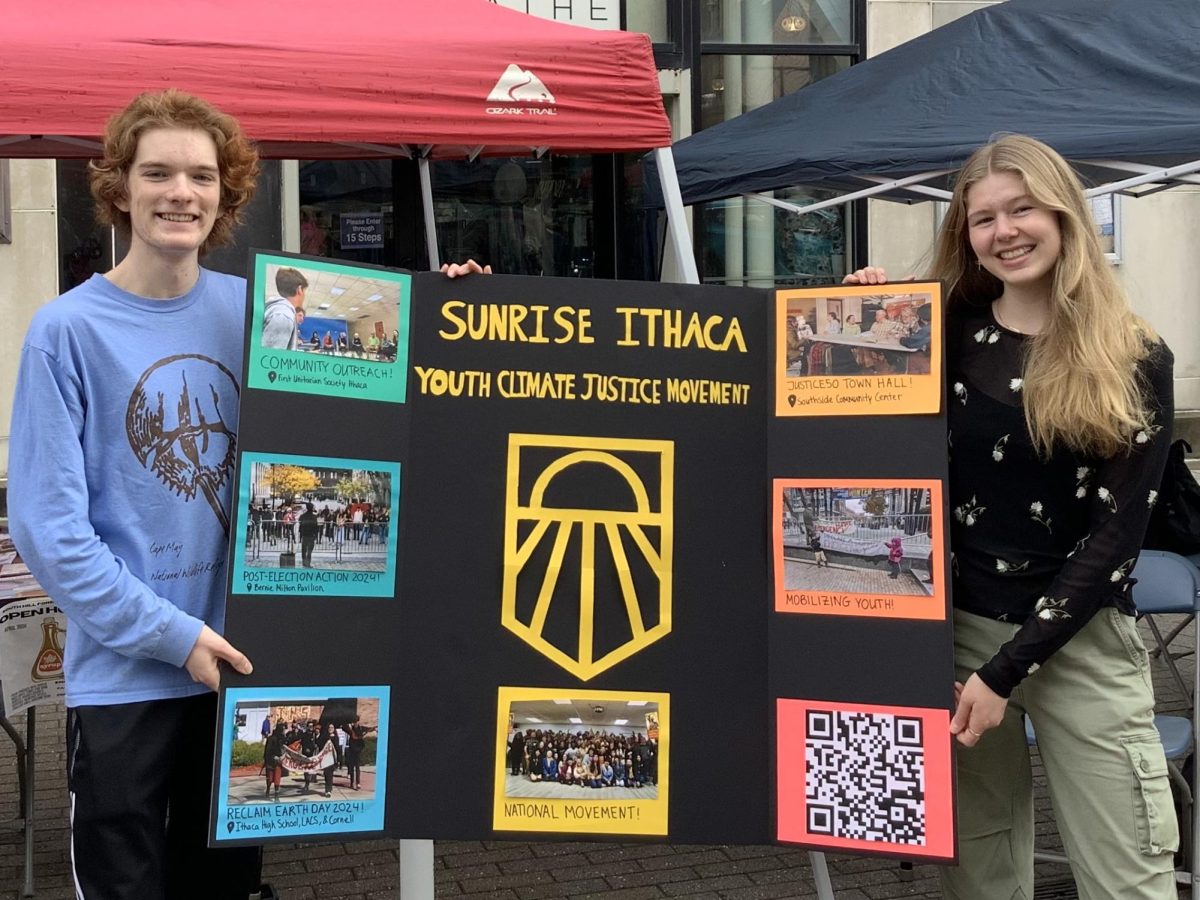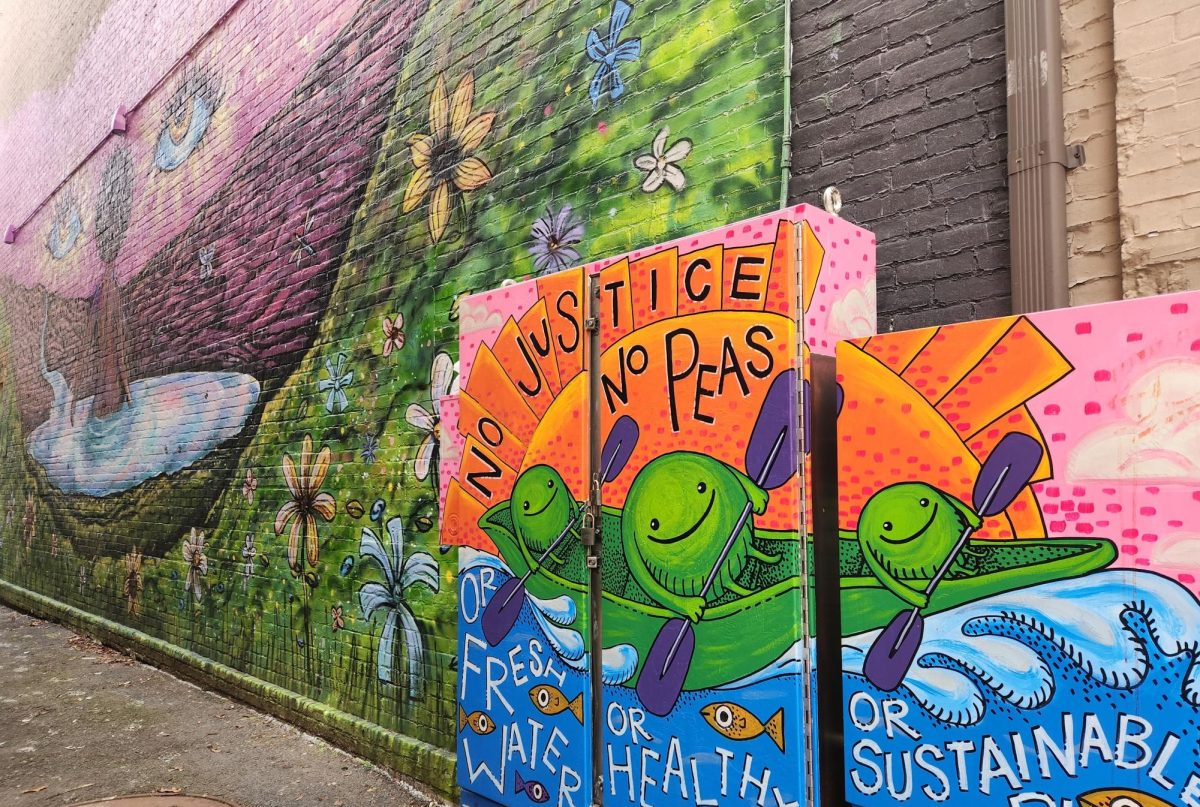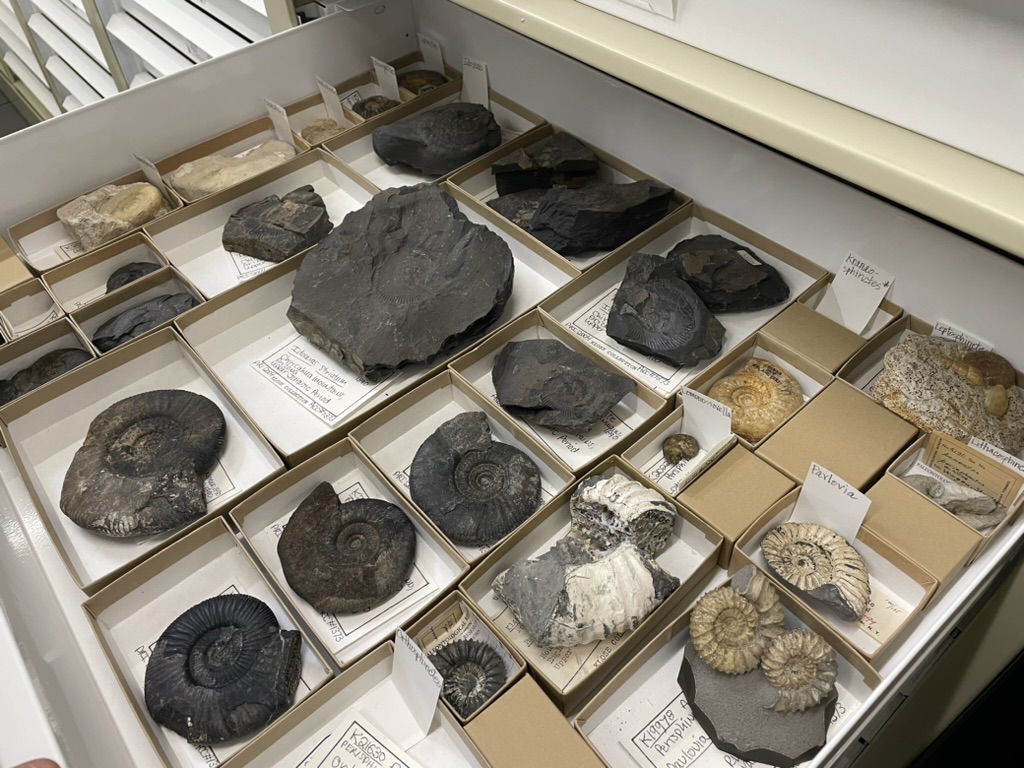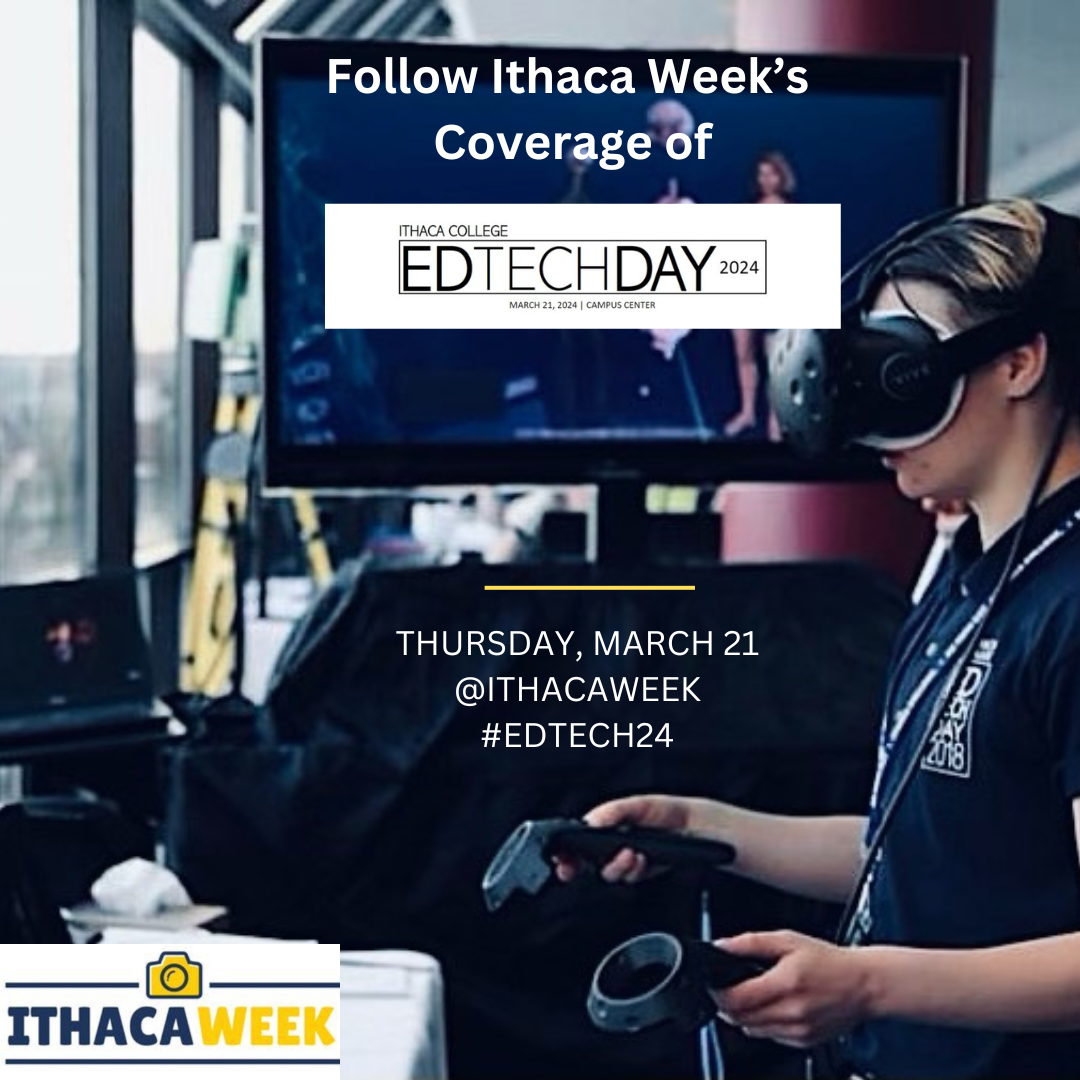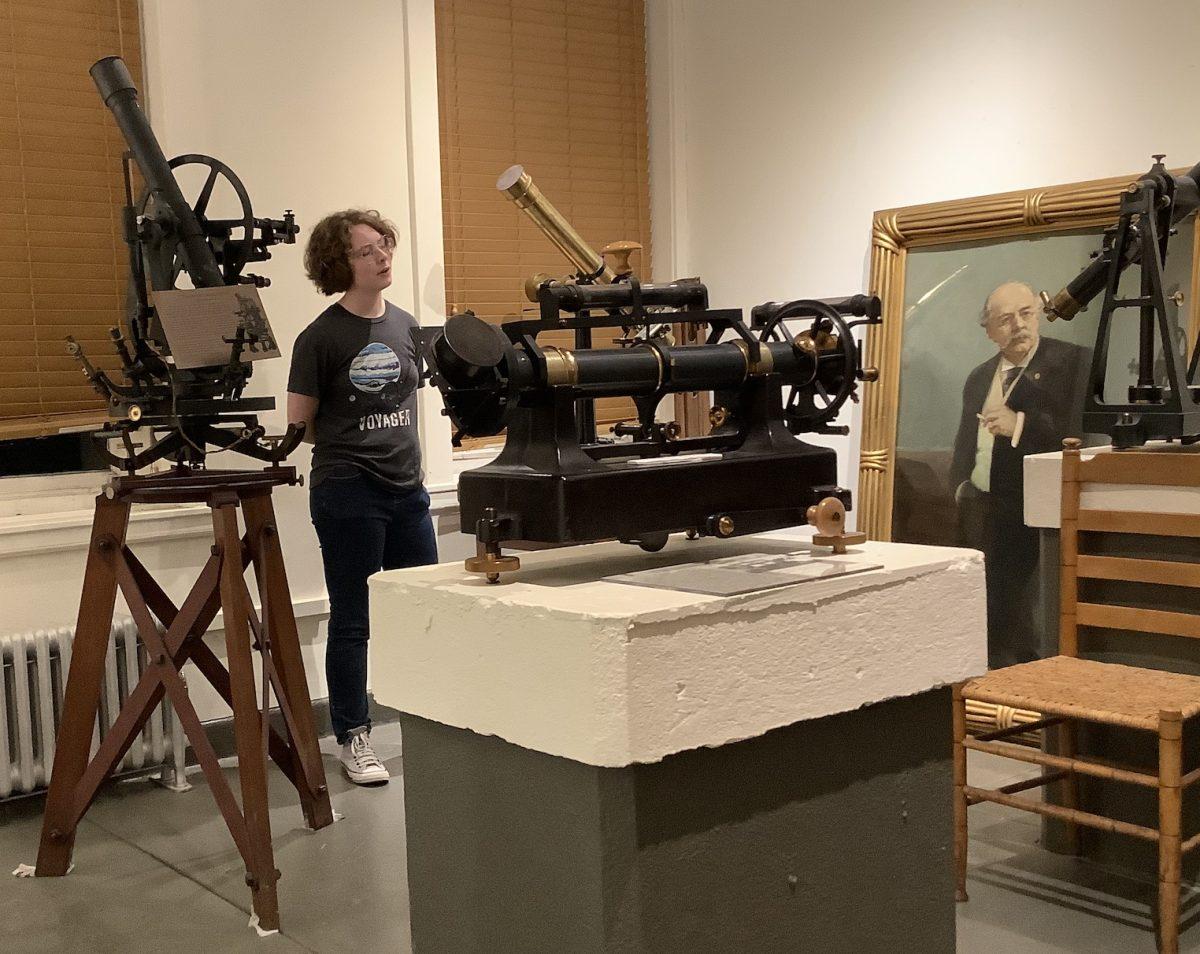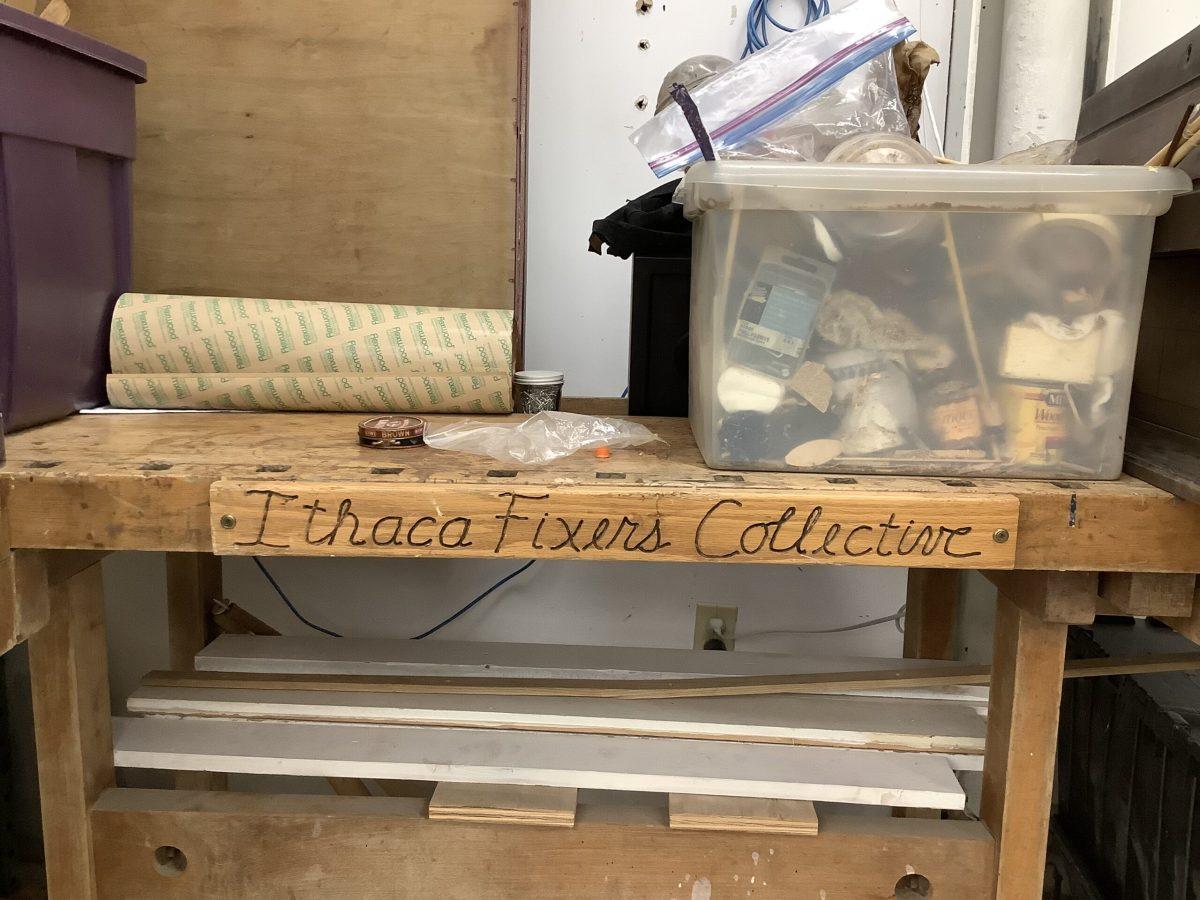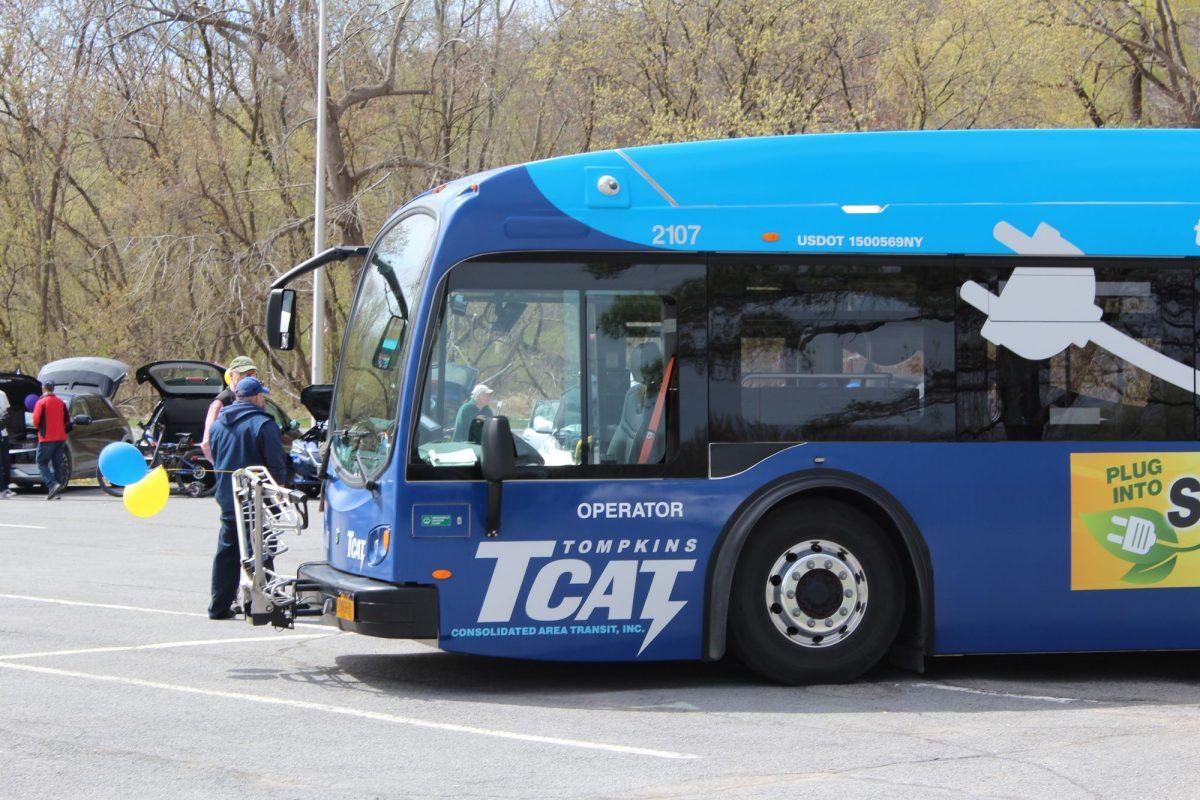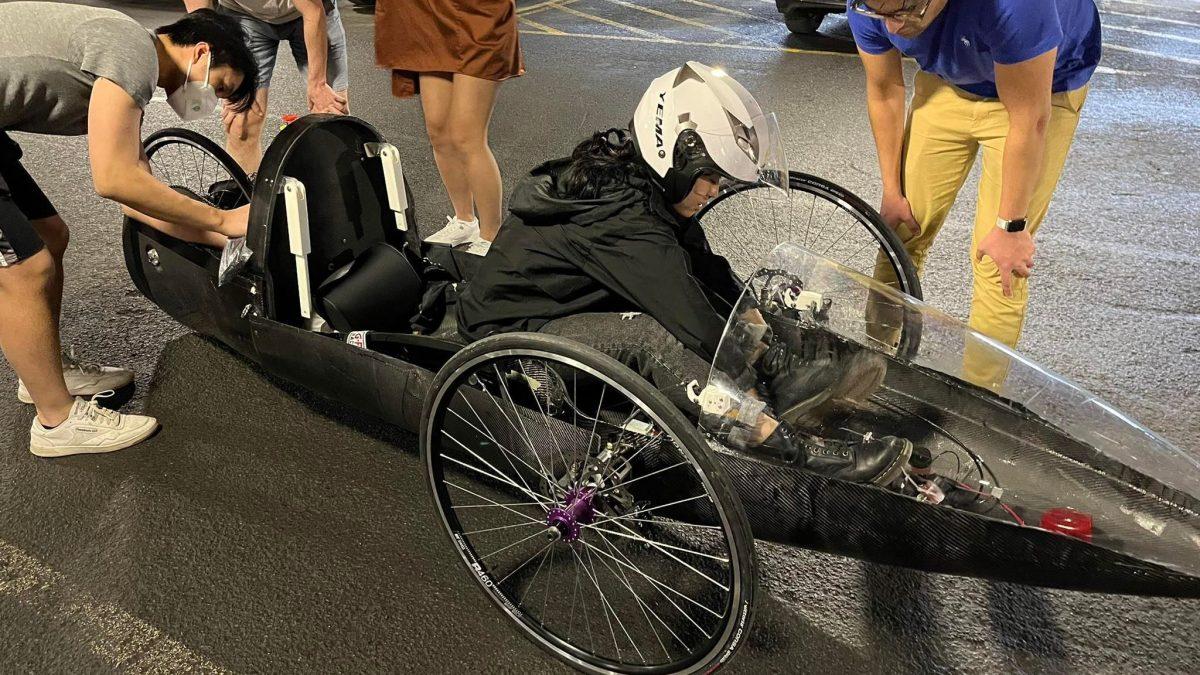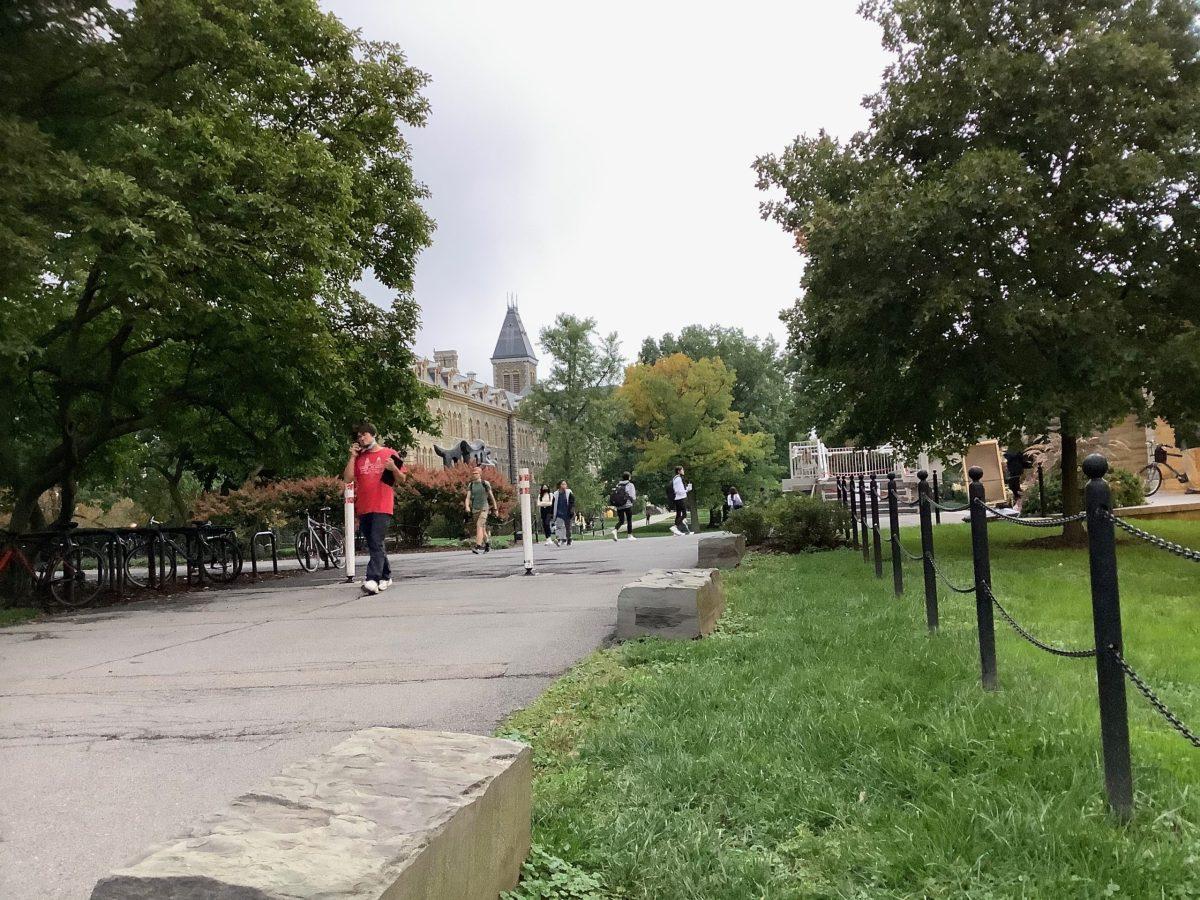Cornell students and Ithaca residents gathered at the Cornell Cooperative Extension on Feb. 18. as part of a Master Composter training course. The class meets for two-hour sessions on Thursday evenings from February to May, and after completing the program the participants become certified as master composters.
The composting classes feature lessons in how to compost using different systems, the importance of composting and waste management to improving the environment, and how to teach others about compost to improve the community. The master composter certification training involves 20 hours of class time and 20 hours of out-of-class volunteer work. The class is open to the public, but Cornell students can receive for credit. Adam Michaelides, who became a master composter in 2000 and is currently a master composter instructor, explained the basics of composting.
“Composting is a biological process. There’s a whole web of organisms, some of them are microorganisms, some of them you can see, starting with bacteria and fungi and then some kind of invertebrates, and they all feed on the material and the break it down and they use as energy for their bodies, but that also changes the material over time into once known now as compost or humus, and that’s the organic part of the soil.”
The class on Feb. 18 was focused on learning about different composting systems and composting through the system that was best for each individual. Students watched a PowerPoint presentation on compost systems and how to select the most beneficial system for their composting needs. Michaelides check name spelling explained the 3-1 ratio and what it means for compost.
“All materials are made of both carbon and nitrogen – in different amounts. So things like food scraps are relatively rich in nitrogen and things like sawdust are relatively rich in carbon, but you need both for composting as they both feed the microorganisms. By volume, if you’re composting a bucket of food scraps, you need about three buckets of materials that are more carbon-like, or higher in carbon, like straw, leaves, wood chips, sawdust, stuff like that.”
Later, the students were separated into groups to assemble the compost bin of their choice. Master Composter student and realtor, Melynda Wissar, explained her reasons for taking the class.
“I’ve lived downtown now for 4 years and in that time we have just spent countless dollars on trash tags, even with recycling it’s still spending tons of money, I would say that probably more than 50 percent of that is food scraps, so if I can even compost half of that and reduce my trash waste for myself, I can teach my clients who buy downtown homes to do the same.”
In addition to helping her clients, Wissar also believes in the positive environmental impact of composting.
“Not everybody can do it, but if there are groups of us to show people and pass it on, then everybody can start taking baby steps. Twenty years ago no one recycled. Now everyone does; this is how it starts,” she said.
Michaelides participates in other activities to improve the environment through composting. He explains the other ways he is involved in the composting community.
“I teach composting classes and give presentations. I distribute information sheets. I answer questions. I plan events. I help festivals and events with their composting. I maintain demonstration site where people can go see composting.”
Michaelides mentioned the increased interest and involvement in the composting community because of the Master Composting class.
“Some people who become master composters go on to become composting educators themselves, or start programs, or just use it personally. I’m sure it varies but I’ve heard back from people that they’ve appreciated what they learned.”
One such composting educator is Jamie Jones-Rounds who was a former student of the Master Composter class. Jones-Rounds explained why he volunteered to help with the class.
“Adam Michaelides, who runs the program, is always asking for help to either set up class or to teach class. He’s always looking for help with the various festivals that need composting volunteers and there are lots of opportunities. I really enjoy talking about compost and I really enjoy the group environment; it’s a laid back, fun learning environment.”
To find out more about becoming a master composter visit the Cornell Cooperative Extension website for additional information.

